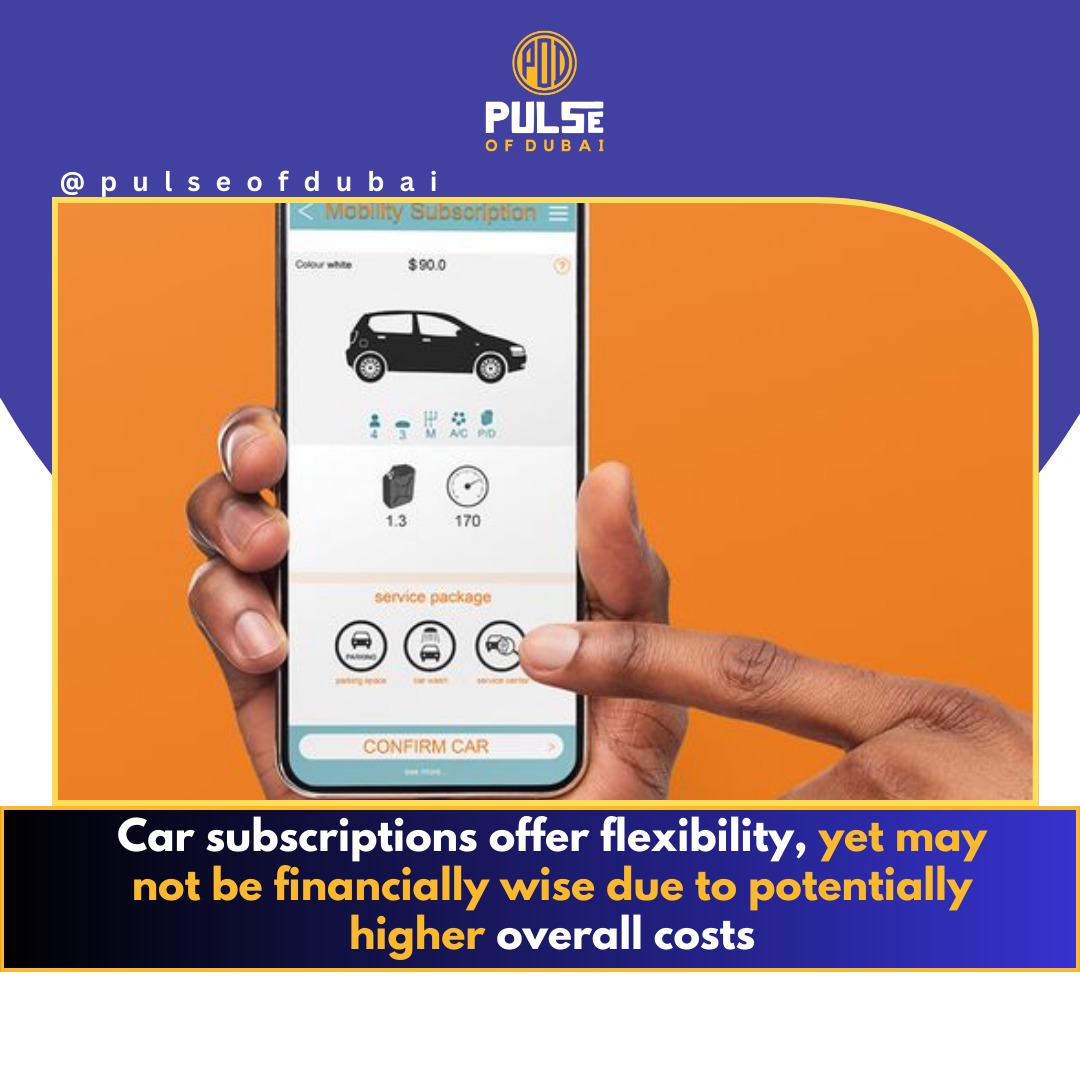Car subscriptions have gained popularity for offering flexibility in vehicle ownership without the long-term commitment of traditional financing or leasing arrangements. However, their financial prudence can be questioned due to potential higher costs compared to leasing.
The appeal of car subscriptions lies in their flexibility. Subscribers can access a variety of vehicles without being tied to a single make or model for an extended period. This flexibility is particularly attractive for individuals who value variety or need temporary access to different types of vehicles for varying purposes.
However, the financial aspect of car subscriptions can be a concern. While they offer flexibility, this convenience often comes at a premium. Subscription fees typically include costs for vehicle depreciation, maintenance, insurance, and administrative overhead. These bundled costs can sometimes be higher than what one would pay for leasing a similar vehicle.
Leasing, on the other hand, involves fixed monthly payments for a set period, usually 2-4 years. While leasing may not offer the same level of flexibility as a subscription, it often comes with lower monthly costs since subscribers are only paying for the vehicle’s depreciation during the lease term.
One of the challenges with car subscriptions is the potential for higher total costs over time. Since subscription fees encompass various expenses, including maintenance and insurance, subscribers may end up paying more than if they had leased or financed a vehicle directly.
Additionally, car subscription models may have restrictions or limitations, such as mileage caps or additional charges for exceeding certain usage thresholds. These factors can further contribute to the perceived higher costs of subscriptions compared to leasing.
That said, the decision between a car subscription and leasing depends on individual preferences and priorities. Subscriptions offer unmatched flexibility, allowing for vehicle swaps and upgrades without long-term commitments. This flexibility can be especially beneficial for those who prefer variety or have changing transportation needs.
On the other hand, leasing provides a more predictable cost structure and may be more financially prudent for individuals who prioritize cost savings and stability in their vehicle expenses.
In conclusion, while car subscriptions offer flexibility and convenience, their financial prudence can be debated due to potentially higher costs compared to leasing. Prospective subscribers should carefully weigh the benefits of flexibility against the potential long-term financial implications before opting for a car subscription model.









